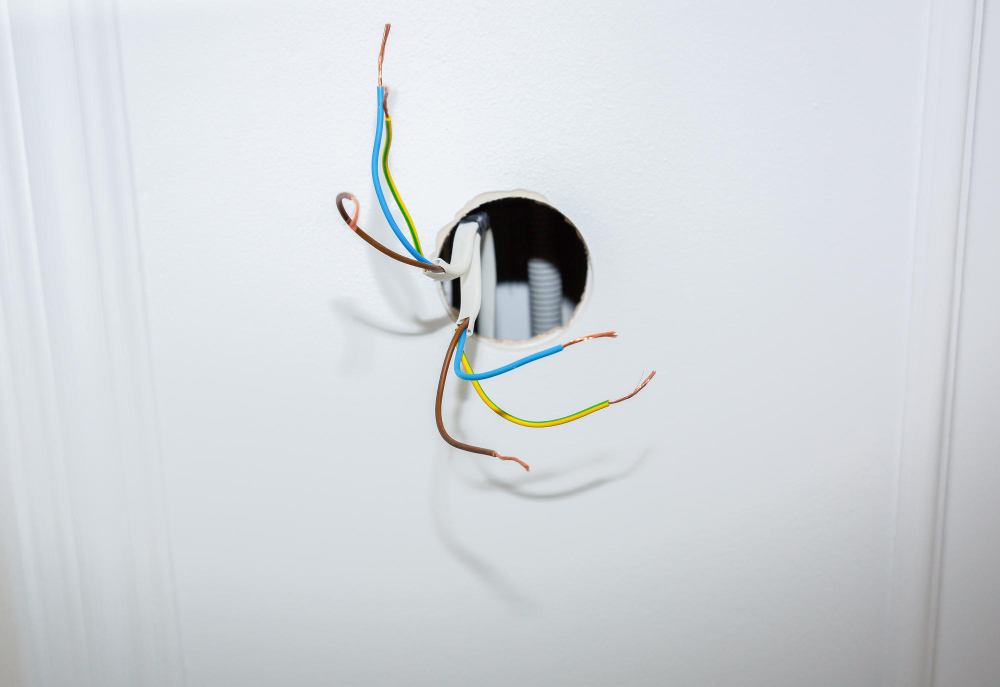Emergency Certified Electricians in Dallas, TX.
Call this Wednesday to Get 10% OFF
Emergency Certified Electricians in Dallas, TX.
Call this Wednesday to Get 10% OFF

In the modern era, where our lives are deeply intertwined with technology, the health of our electrical wiring is critical for the safety and functionality of our homes. Recognizing the signs of faulty electrical wiring is essential to prevent potential hazards and ensure the well-being of our households.
A circuit breaker is designed to trip when it senses an overload or a short circuit. If you find your circuit breaker frequently tripping, it could be a sign of faulty wiring. This issue should not be ignored, as it indicates an underlying problem that needs to be addressed promptly.
Lights that flicker or dim unexpectedly may be indicative of loose wiring or overloaded circuits. If you notice this issue persisting across multiple light fixtures, it's advisable to seek professional assistance to identify and rectify the problem.
Burn marks, discoloration, or a burning smell around outlets, switches, or electrical panels are clear warning signs of overheating or electrical arcing. Immediate attention is crucial in such cases, as these issues can lead to electrical fires if left unattended.
Experiencing mild electrical shocks when touching switches or outlets is a clear sign of faulty wiring. This could be due to damaged insulation or other issues in the electrical system. It's crucial to address this immediately to prevent electrical accidents.
Outlets or switches that feel warm to the touch indicate potential wiring problems. Heat buildup is a sign of resistance in the circuit, and addressing this issue promptly can prevent further damage to the wiring and associated components.
Sparks or arcing when plugging in or unplugging devices is a serious concern and requires immediate attention. This could be a result of damaged wiring or loose connections. Ignoring this issue poses a significant fire hazard.
Rodents chewing on electrical wiring is a surprisingly common problem, especially in attics or basements. This can compromise the integrity of the wiring and increase the risk of electrical issues. Regular inspections are necessary to detect and address rodent-related damage.
Maintaining a safe and functional electrical system is paramount for every homeowner. Regularly monitoring and addressing common signs of faulty electrical wiring can prevent accidents and safeguard your home. When in doubt, it is always advisable to consult with a professional electrician at Mr. Electric. By prioritizing the health of your electrical infrastructure, you not only enhance the safety of your household but also ensure the longevity and reliability of your home's electrical systems.